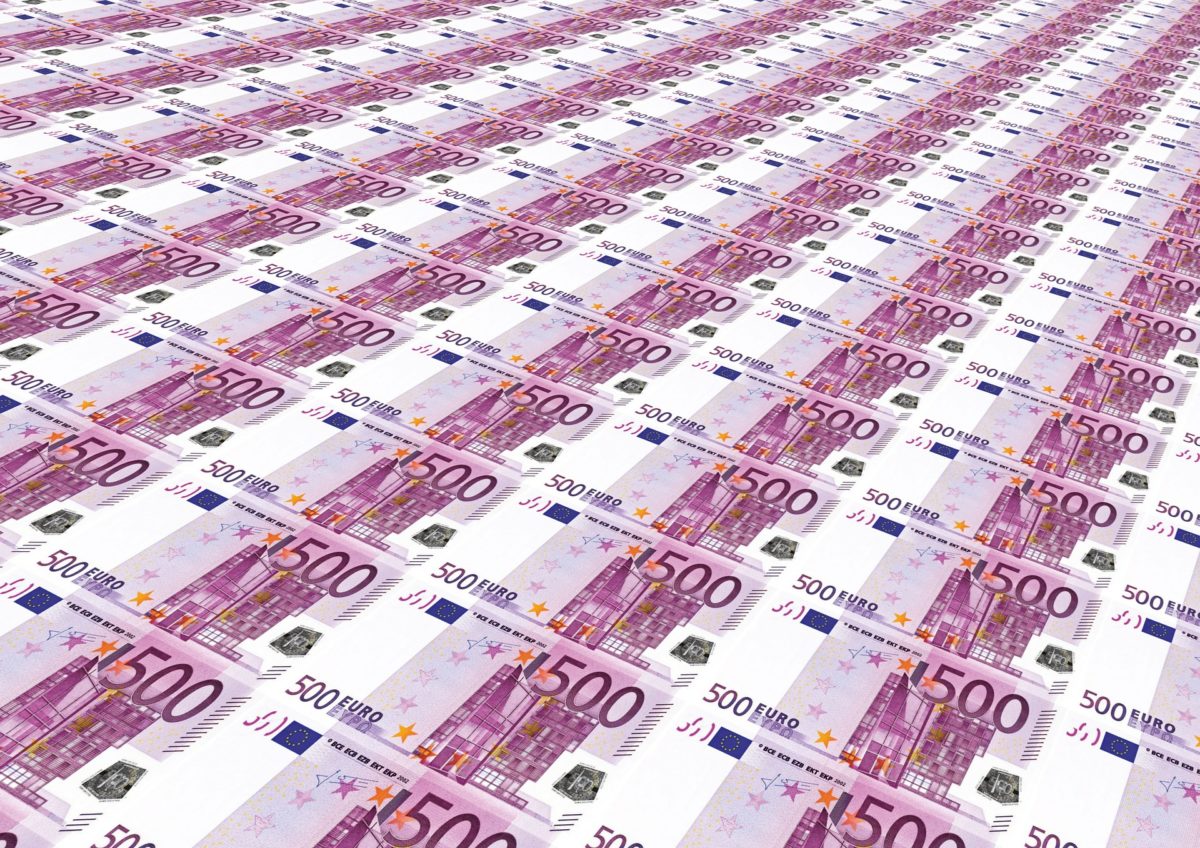SunPower-shareholder-controlled solar manufacturer Maxeon Solar Technologies has been named as one of 32 recipients who will split €118.6 million of EU grant funding to develop low-carbon technology.
With California-based controlling shareholder SunPower itself controlled by French energy giant TotalEnergies, the European money will go towards the cost of Maxeon using an existing manufacturing facility in Porcelette, northeastern France, to produce its frameless, glass-free, “sticky” Maxeon Air solar panels.
As reported by our pv magazine USA site in May, the Max Air panels are intended for use chiefly on roofs unable to host conventional modules. With a reported weight of 6kg/m2 and Maxeon claiming conversion efficiency of 20.9%, the company has estimated an unmet demand of more than 4 GW for the product in Europe, where the manufacturer said it would be available from the first quarter of next year.
pv magazine print edition
Pick up your copy of pv magazine today for an in-depth look at solar’s vital role in securing energy supply where conventional grids have struggled to reach. And don’t miss our In Conversation special: Over the past month, we have been in touch with leading researchers working on energy systems, solar cell technologies, battery storage, hydrogen and more; discussing the future of energy and the technologies we can expect to see a whole lot more of in the coming years.
The project description published by the European Commission yesterday stated Maxeon hopes to install 1.4 GWp of its Air modules over the next decade.
The exact amount of grant funding to be awarded Maxeon is due to be settled in the final quarter of this year, when the EU's recently established Innovation Fund makes its first payments. The cash will come from the revenue generated by the EU's emissions trading scheme, which sells certificates generated by renewable energy operators to companies who exceed their maximum permitted carbon emissions.
With the Innovation Fund expected to have around €20 billion to disburse to 2030, an additional €623 million is already available as unspent cash from predecessor the NER300, which had allocated those monies only for the associated projects to fall through.
Other low-carbon projects which will benefit from the Innovation Fund include a bid by Spanish energy companies Repsol and Enagas to develop technology which can directly use photoelectrochemical cells to electrolyze hydrogen from water without any external energy input.
Popular content
The EU cash will also back the pooling of power purchase agreements associated with 12 off-grid, agrivoltaic, solar-powered irrigation systems in Spain into a collective 7.35 MW of generation capacity large enough to qualify for green bond financial support. That project is being overseen by Spanish infrastructure and renewables business Acciona.
The Spanish port of Motril will be awarded finance to help it become an off-grid renewable energy community harnessing 4 MW of solar capacity and 1.55 MWh of energy storage, in a project featuring Siemens; and German institute the Fraunhofer ISE, Italian energy company Enel and the body representing Rome's airports are working on a plan to use second-life electric vehicle batteries to store the energy generated by a 30 MW solar plant at one of the city's airports.
Roofing solar
Luxembourg-registered steelmaker ArcelorMittal will also receive a slice of the grant funding, to help develop full production in France of its building-integrated PV product which combines photovoltaic generation with steel roofing.
Other projects approved by the fund include an Austrian plan to aggregate 2,781 electronic household and business devices into a 6 MW virtual power plant to provide grid services, a highly energy-efficient electrolyzer in Poland to generate green hydrogen from on-site PV, and extensive vehicle-to-grid facilities in Italy and France. Swedish battery developer Northvolt will also receive funds to help manufacture lithium-ion batteries it claims offer 50% more energy density than conventional products while being 50% lighter. Production will be supported in Sweden and Poland.
As part of the Innovation Fund awards, EU lender the European Investment Bank will also offer technical support said to be worth €4.4 million to 15 companies whose projects are at an earlier stage, and including a Spanish system to store solar electricity using pumped heat. The Repsol and Enagas green hydrogen project is also among the 15 schemes to receive technical assistance, with the nature of the help also set to be determined in the final quarter of the year.
This content is protected by copyright and may not be reused. If you want to cooperate with us and would like to reuse some of our content, please contact: editors@pv-magazine.com.



15 comments
By submitting this form you agree to pv magazine using your data for the purposes of publishing your comment.
Your personal data will only be disclosed or otherwise transmitted to third parties for the purposes of spam filtering or if this is necessary for technical maintenance of the website. Any other transfer to third parties will not take place unless this is justified on the basis of applicable data protection regulations or if pv magazine is legally obliged to do so.
You may revoke this consent at any time with effect for the future, in which case your personal data will be deleted immediately. Otherwise, your data will be deleted if pv magazine has processed your request or the purpose of data storage is fulfilled.
Further information on data privacy can be found in our Data Protection Policy.